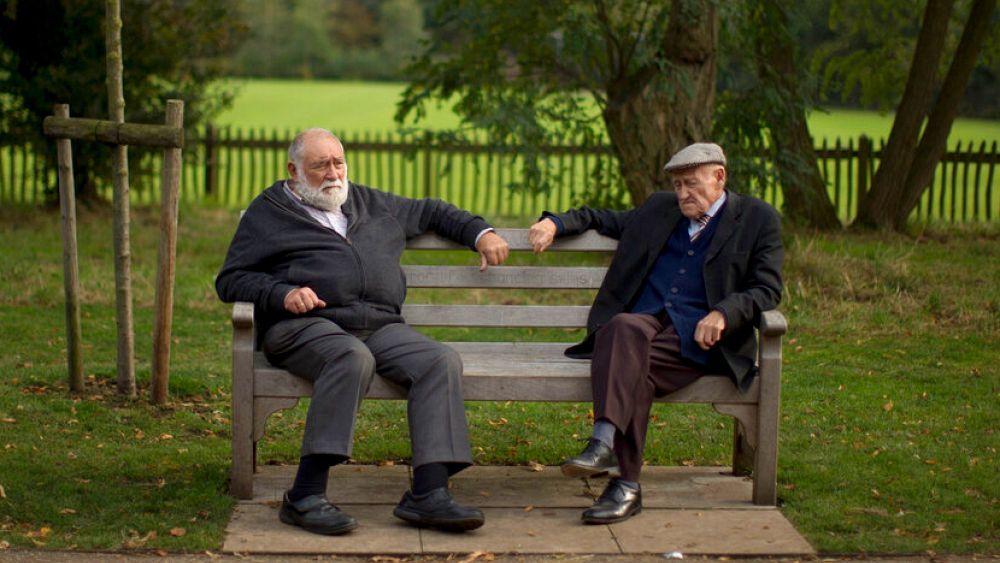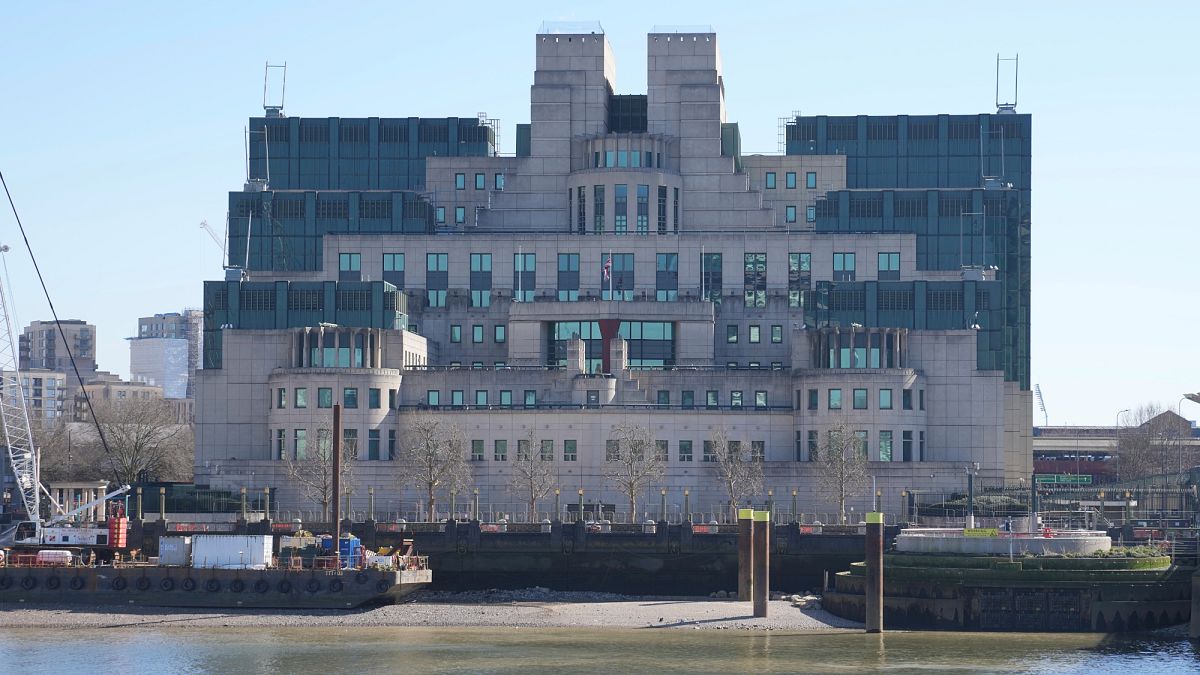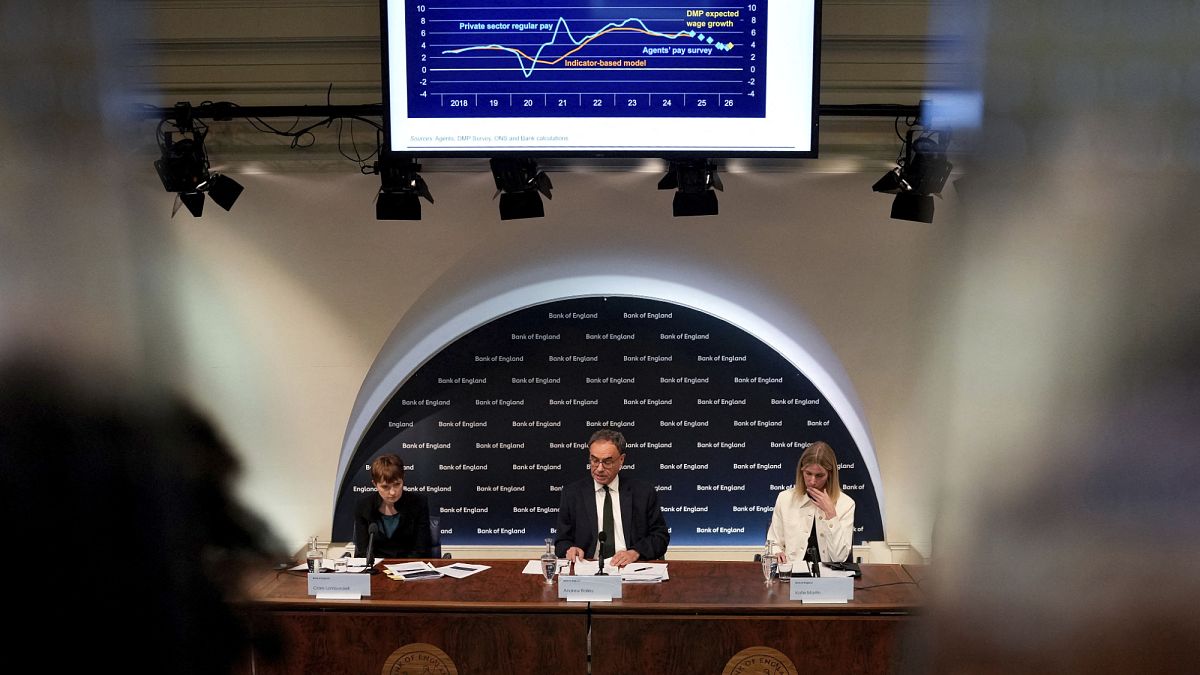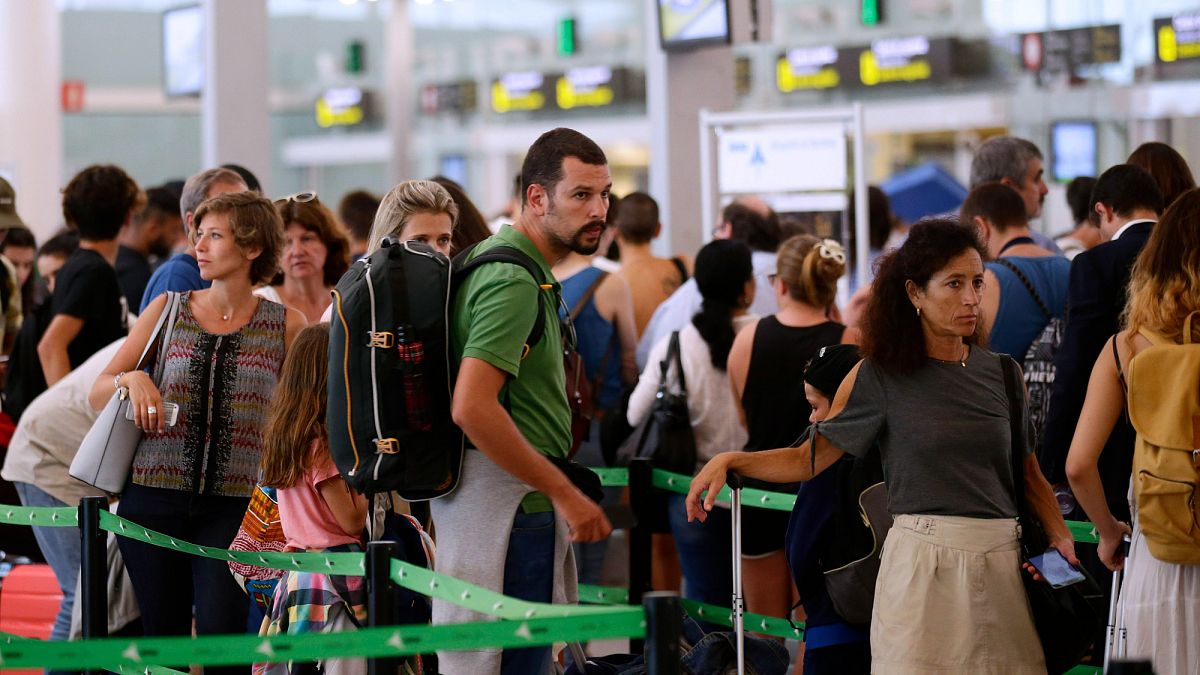UK has one of the lowest life expectancies among rich countries. Why?

Researchers have revealed why British people are dying younger than their European counterparts.
A damning report has offered an explanation behind why the United Kingdom (UK) has one of the lowest life expectancies among rich nations.
It found that a decline in the country’s national healthcare service (NHS) – which authors wrote “has seen better days” – is to blame.
The report, published on June 26 by charity The King’s Fund, compared the UK to 18 other major economies, finding its healthcare system is “underperforming significantly” in several aspects.
In the UK, average life expectancy at birth was 81 years, according to 2021 data from the World Bank – the same as in Slovenia, Portugal, Germany, the Netherlands, Denmark and Austria.
It was higher in many other European countries, with those in France, Belgium, and Ireland living on average to 82, while Spain, Sweden, Norway, Malta, Luxembourg and Italy have a life expectancy of 83.
The only other outlier among rich countries was the US, a country where healthcare is incredibly expensive. Here the average life expectancy was 76 years in 2021.
Another study published earlier this year in the Journal of the Royal Society of Medicine found life expectancy in the UK has grown at a slower rate than comparable countries over the past seven decades, with the country lagging behind all other G7 nations.
But why is the UK faring worse than other similarly rich countries?
According to the think tank, the lower life expectancy is due to the UK healthcare system having fewer key resources than its peers – including “strikingly” low levels of clinical staff.
It’s a significant blow for the UK, which prides itself on its national health system.
Politicians promoting Brexit promised voters the NHS would receive extra funding if the country left the European Union, with funding for Brussels redirected into healthcare.
This never materialised.
The pandemic, which followed a few months after the UK officially left the EU, exacerbated delays that were already present in the NHS, causing longer waiting times for people to see their doctors or dentists.
In Norfolk, in east England, hundreds of people reportedly queued for hours in May when a dental practice said they were accepting new patients under the NHS.
Around 6.2 million people are on a hospital waiting list, as of May 2023.
While lacking funds and staff, the NHS is still crucially important for Britons who fall seriously ill, shielding them from excessive financial burden, according to The King’s Fund.
But life expectancy is still too low, thanks to deaths that could have been prevented with timely and effective health care, alongside public health and preventative services, it adds.
If the service doesn’t improve, the think tank said, people may turn to paying money out of their pockets to access quicker service and be forced to spend more money at a time when inflation in the country is still above 8.6 per cent.
Source: Euro News















